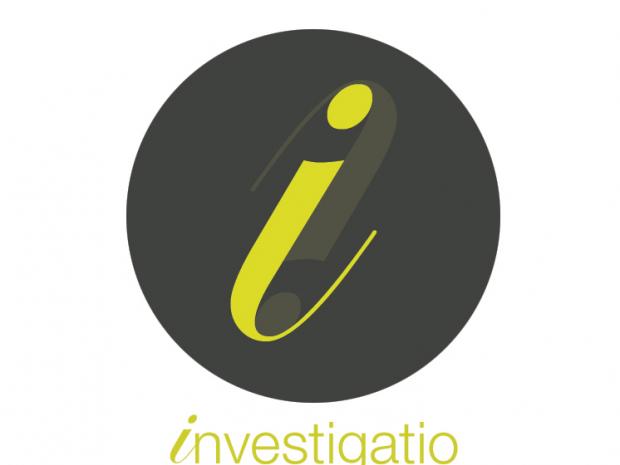Faculty and PhD Research Seminar: Science Under Scrutiny: The Work and Culture of a Crime Lab

Faculty and PhD students are invited to "Science under scrutiny: The work and culture of a crime lab," a research seminar presented by Beth Bechky, NYU-Poly’s first Investigatio Scholar in Residence. Beth is an associate professor of organizational behavior and technology management at the University of California, Davis. Her research focuses on how technical, science, and creative workers get things done together. As an ethnographer of work and occupations, Beth's approach to studying organization and innovation highlights the practices and material affordances of the workplace. Some recent projects have explored how problems are solved among technicians, engineers, and assemblers on an R&D manufacturing line, how work is coordinated on film production sets, and what enables the collective creativity of consultants and engineers. She is currently completing an ethnography of a crime laboratory.
The Investigatio Scholar-in-Residency Series has been developed by the Department of Technology Management in the spirit of NYU-Poly i2e philosophy to enhance mutual understanding across disciplines and develop a conversation around human-centered innovation through visits from distinguished scholars from a range of disciplines such as management, information systems, anthropology, communication, sociology, design.
Notes:
- This event is for faculty and PhD students
- Lunch will be served from 12 to 12:30
- Sponsored by the NYU-Poly Graduate Center
Abstract
Crime laboratories exemplify the complexity of doing science in the public eye. Forensic scientists working to discover the scientific "truth" in the evidence are also keenly aware that they work within the legal system and are engaged in science in the service of justice. This ethnography of a crime lab explores the ways in which law and science intermingle in the daily work of forensic scientists. I show how scrutiny in legal, public, and professional arenas affects organizational and individual practice. For instance, professional comparisons of other forensic subfields to forensic biology have resulted in "DNA envy" within the forensic science community. This is not just status envy, but is characterized by controversies over changing analytic and reporting practices. I analyze several such controversies that demonstrate the tension between scientific objectivity and analyst judgment and illustrate how institutional scrutiny is changing the practice of forensic science.


